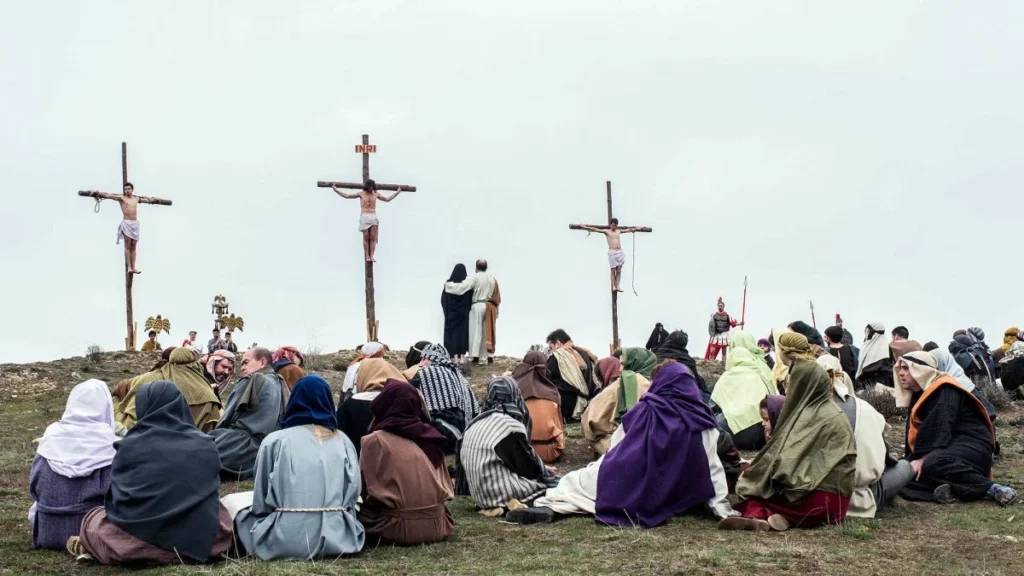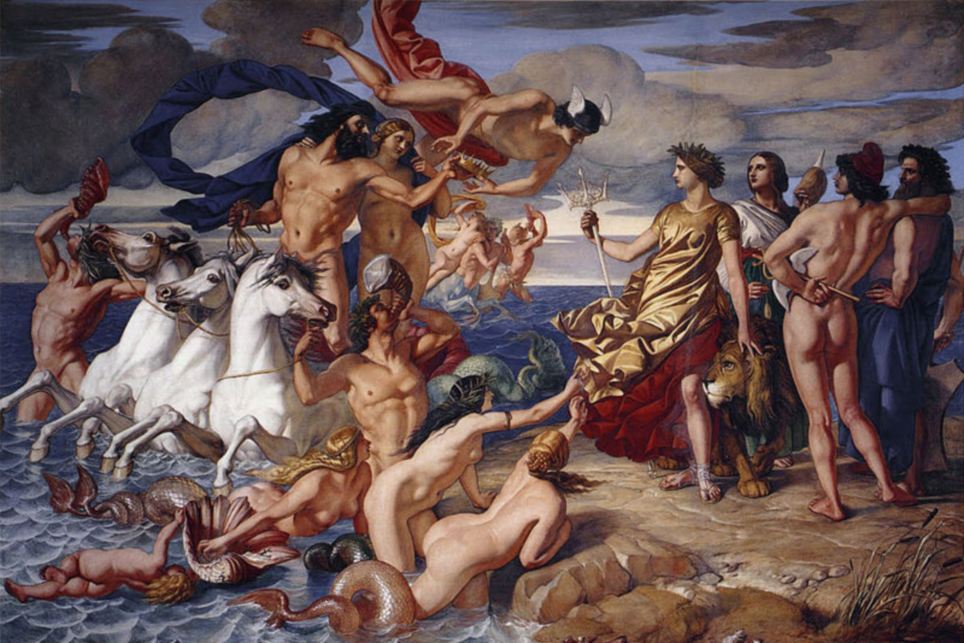Significance of good Friday: Good Friday is a significant Christian holiday that is observed annually on the Friday preceding Easter Sunday. This day commemorates the crucifixion of Jesus Christ, who is considered by Christians to be the son of God and the savior of the world. Good Friday is a solemn day that is marked by prayer, fasting, and reflection, as believers remember the sacrifice that Jesus made for humanity.
The History of Good Friday:
Good Friday is believed to have originated in the early Church, where it was called “Great Friday” or “Holy Friday.” It was first observed in Jerusalem in the fourth century, and by the seventh century, it had spread throughout the Christian world. The day has been associated with various customs and traditions over the centuries, including the reading of the Passion narrative, the veneration of the cross, and the performance of the Tenebrae service.
The Significance of Good Friday:

Good Friday is significant for several reasons. First and foremost, it is a reminder of the sacrifice that Jesus made for humanity. According to Christian theology, Jesus willingly suffered and died on the cross to atone for the sins of all people, making it possible for them to be reconciled with God. This act of selflessness and love is seen as the ultimate expression of God’s grace and mercy towards humanity.
Secondly, Good Friday is also significant because it is a day of reflection and repentance. Christians are called to reflect on their own sinfulness and need for forgiveness, as well as to contemplate the suffering and death of Jesus. This reflection helps believers to deepen their faith and to grow closer to God.
Thirdly, Good Friday is significant because it is a day of hope. While the crucifixion of Jesus was a dark and tragic event, it was not the end of the story. According to Christian belief, Jesus rose from the dead on Easter Sunday, triumphing over death and offering the promise of eternal life to all who believe in him. This hope is a source of comfort and strength for believers, especially in times of trial and difficulty.
The Customs and Traditions of Good Friday:

There are several customs and traditions associated with Good Friday. One of the most common is the Stations of the Cross, which is a series of prayers and meditations that follow Jesus’ journey to the cross. Another tradition is the veneration of the cross, where believers kiss or touch a crucifix as a sign of their devotion. Many churches also hold solemn services, including the Tenebrae service, which features the gradual extinguishing of candles to symbolize the darkness of Jesus’ death.
In addition, Good Friday is traditionally a day of fasting and abstinence. This means that Christians are encouraged to refrain from eating meat and to limit their intake of food in general. This is seen as a way to show solidarity with the suffering of Jesus and to prepare for the celebration of Easter.
Good Friday is a significant day in the Christian calendar, marking the sacrifice that Jesus made for humanity. It is a day of reflection, repentance, and hope, and is marked by several customs and traditions that help believers to deepen their faith and grow closer to God. As we observe Good Friday each year, we are reminded of the incredible love and mercy of God, and of the hope that we have in Jesus Christ.
Read Also: Significance of Buddha purnima
![]()






2 thoughts on “Significance of good Friday”